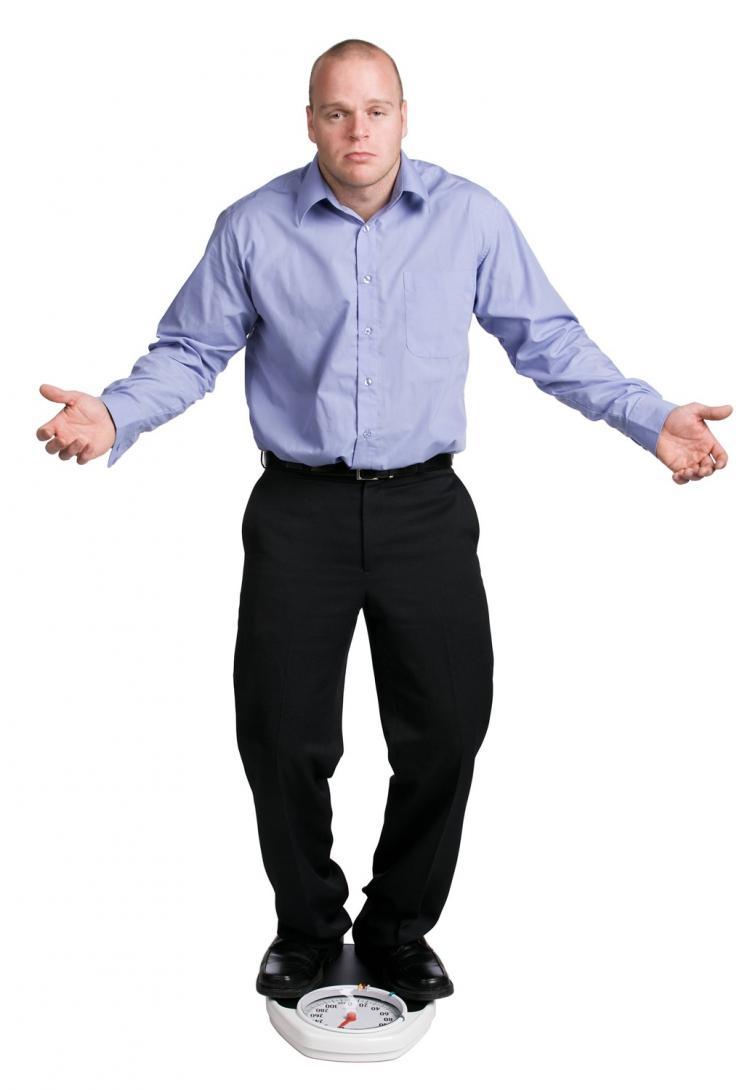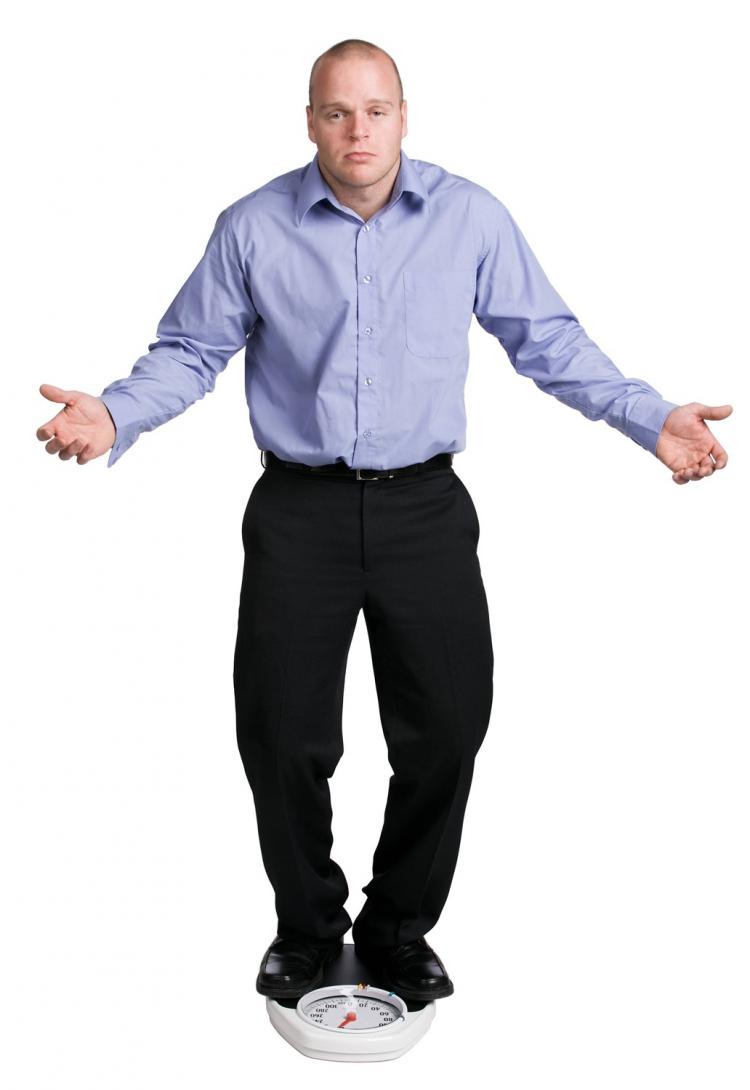When those last few pounds or inches refuse to vanish, frustrated fitness devotees are quick to blame the plateau on their exercise routine or diet. However, the plateau that dieters find so discouraging is not necessarily a negative thing, according to exercise scientists and nutritionists.
Plateau, commonly labeled as a weight loss rut, is one of the things that happen regardless of workout routines, according to Dr. Nancy Rodriguez, professor of nutritional sciences and director of sports nutrition at the University of Connecticut.
Weight loss occurs when the body expends more calories than it consumes. Dr. Rodriguez explains that weight loss has two components: exercise and calorie restriction. The combination of increasing calorie expenditure through working out and decreasing calorie intake through dieting cause the reduction in body weight that dieters seek.
The reason that the steady weight loss slows and comes to a halt despite the consistent hard work at the gym and healthful eating at home is because the human body is efficient at adapting to change—sometimes more efficient than dieters would like.
The exercise and calorie restriction that caused the initial weight loss is now the criteria needed to maintain the new, current weight. In order to achieve more weight loss, efforts have to be further ramped up. People have to either exercise for a greater duration and change the intensity or reduce calorie intake to get to a new weight.
Dr. Rodriguez encourages people to embrace whatever they need to do to maintain their current body weight. She comments that people end up gaining weight because they gradually start to exercise less and eat more.
“[It’s] not about being on and off a diet,” says Dr. Rodriguez, “It’s understanding a lifestyle: The food I eat and exercise I’m doing is to maintain my weight.”
Dr. Li Li Ji, a professor of kinesiology at the University of Wisconsin-Madison, believes that there is an unrealistic expectation for the average person to lose weight through exercising.
Most people do not exercise intensely or frequently enough to lose weight and maintain that weight loss, according to Dr. Ji. Also, most people’s dietary intake far exceeds their energy expenditure through exercise.
Dr. Ji illustrated his point with a person who exercises 30 minutes to burn 300 calories. A cookie can easily replenish those 300 calories. In addition, weight loss is nearly impossible for the “weekend warrior” who does not maintain strict exercise throughout the entire week.
The role of exercise and diet in weight loss is even more complicated than a tedious energy in and energy out math equation. Our bodies actually respond to energy expenditure through exercise with a phenomenon known as supercompensation, according to Dr. Ji. During supercompensation, our bodies make more carbohydrates in muscle and synthesize more fat, making our diet an important factor in the final outcome.
For those who aren’t overweight or obese, weight maintenance, instead of weight loss, should be stressed, according to Dr. Ji. He warned that for those approaching middle age, it’s important to decrease dietary intake to control body weight.
“In a year, [a middle-aged person] can gain one to two lbs, and those are very hard to shed off. It would be more successful to stick to a regimen to maintain weight.”







